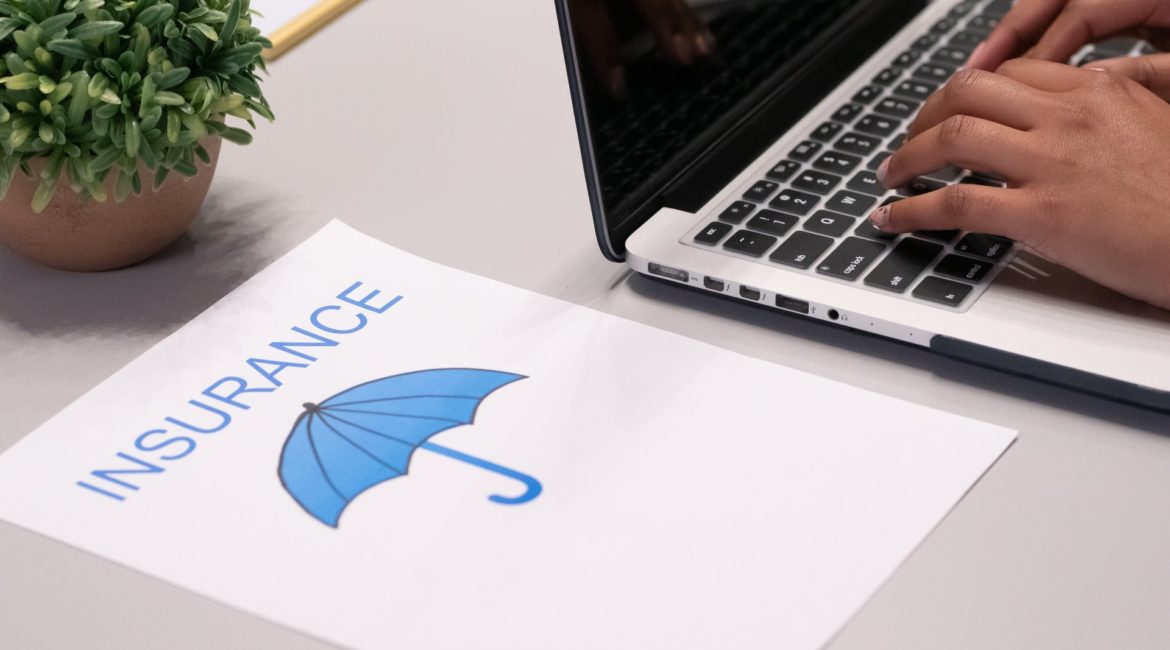Many drivers on Florida roadways believe that they have “full coverage.” To most people that means they have every available car insurance coverage. However, the opposite is often the truth. That is because full coverage auto insurance does not exist in Florida.
Insurance laws vary by state. Therefore, what “full coverage” means changes from state to state. Florida law requires drivers to carry personal injury protection (PIP) and property damage liability insurance. The law’s coverage requirements do not require drivers to have bodily injury insurance, underinsured motorist coverage, medical payments coverage, or roadside assistance.
That means that usually when insurance agents sell their customers “full coverage car insurance,” they are actually selling them enough insurance to meet the minimum state coverage limit. When people are getting car insurance quotes, they are often seeking the lowest price. Insurance agents can keep prices down by leaving off some of the more expensive coverages. This way, the customer saves money and meets the minimum state requirements.

“Full Coverage” as Florida Minimum Coverage
As stated above, Florida law requires drivers to carry minimum auto coverage of $10,000.00 for property damage liability protection and $10,000.00 in PIP coverage. Thus, many car insurance companies offer an option that simply meets this requirement. However, Florida drivers are underinsured as a result.
Property Damage Liability Coverage
Property damage liability coverage is what covers a driver in the event they cause damage to another person’s property in a car accident. The state only requires drivers to carry $10,000.00 in property damage coverage. Therefore, if a driver has the state minimum but causes a total loss to a vehicle that costs more than $10,000.00, the driver could owe the extra money out of their own pocket.
Personal Injury Protection (PIP)
Florida law requires drivers to carry Personal Injury Protection. All Florida auto insurance policy holders must have a minimum of $10,000.00 in PIP coverage.
If someone is injured in a car crash, PIP is intended to cover their medical bills and lost wages. PIP coverage is typically $10,000.00, though there is often an option to purchase additional coverage.
As with property damage liability coverage, Florida only requires drivers to have $10,000.00 in coverage. This is often not nearly enough to cover all of an injured person’s medical expenses. There is an option to purchase additional PIP coverage or medical payments coverage. However, when someone says they have full coverage, they likely mean they have the minimum PIP coverage.
What “Full Coverage” does not Cover?
There are many types of auto insurance that “full coverage” does not include. Quite often, these coverages are the most important ones to someone that has been hurt in a car crash.
Bodily Injury Insurance Coverage
Bodily injury insurance coverage protects drivers from having to pay out of pocket for injuries they cause. When a driver has this coverage and causes an automobile accident, the insurance company will pay the medical expenses and lost wages of the person that the driver hurt in the accident. Without this coverage, the injured person has to attempt to collect from the driver directly.
Insurance companies will usually sell a range of potential coverage amounts of bodily injury insurance. The policies will contain a maximum potential coverage per individual and maximum potential coverage per accident. These policies are typically referred to as split limit policies.
For example, the smallest bodily injury policy that Florida insurance companies sell is a $10,000.00/$20,000.00 policy. With coverage like this, if a driver gets into an accident that causes injuries, they will have a total of $20,000.00 for all injuries suffered by the people in the other car with a maximum of $10,000.00 available for injuries to any individual.
In practice, this will occasionally mean that there are more individuals hurt in a crash than the policy will cover to the maximum. This is one reason why people ought to be more vigilant about getting as much bodily injury coverage as they can afford.
Uninsured and Underinsured Motorist Insurance Coverage
In my opinion, uninsured/underinsured (“UM/UIM”) insurance coverage is the most important auto coverage. It protects the purchaser of the insurance policy and their family from drivers who have elected not to purchase bodily injury coverage or who do not have enough bodily injury coverage. Therefore, UM/UIM insurance is often the only avenue of recovery for people injured in car accidents.
While PIP covers up to $10,000.00 in medical bills and lost wages for an insurance policy holder, it does not cover much else. That $10,000.00 will often be spent on hospital bills alone, when someone is badly hurt in an accident. UM insurance is the best available coverage to protect a driver from the negligence of other drivers.
It is important to note that you cannot get UM insurance on your automobile policy if you do not have bodily injury coverage. Insurance companies require people that wish to purchase UM insurance to have BI coverage. They will also not sell you more UM coverage than BI coverage (with one important exception).
The reason insurance companies won’t allow this is to prevent people from only insuring themselves, while leaving the people they hurt in car accidents without insurance protection. Without this protection, many people would purchase the maximum UM coverage they could afford, and no bodily injury coverage.
The only way to get more UM than BI coverage is by purchasing “stacking” coverage. Stacking your UM insurance policies multiplies the amount of coverage you have by the number of vehicles you insure. So, if you have $100,000.00 per person in UM insurance on your policy, and you insure three vehicles, you could have as much as $300,000.00 in UM coverage available to you with a stacking policy.
Medical Payments Coverage
Typically referred to as “med pay,” Medical Payments coverage is similar to PIP. If you are hurt in a car crash, this coverage pays your medical bills. However, it does not pay your lost wages and it doesn’t operate in the same way as PIP.
Florida Statutes mandate PIP reimbursement rates. Florida lawmakers determined what the proper payment amounts should be for any bill paid by PIP insurance. However, Med Pay coverage has no such mandate.
Instead, Med Pay coverage pays medical bills at face value. If a doctor bills you $1,000.00 for a service, Med Pay will pay that doctor $1,000.00.
When used in conjunction with PIP, this typically means Med Pay will cover an injured person’s co-pays. Med Pay will often overpay for medical services in cases where PIP has been exhausted.
One other important factor to remember is that Med Pay comes with what is known as a right of subrogation. In other words, when an insurance company pays Med Pay, but you make a recovery in a personal injury case, the insurance company will expect to be paid back out of your settlement.
I typically do not recommend my clients carry Med Pay coverage. It is unnecessary except in very specific circumstances. If you have health insurance, that is a far better method by which to pay for your medical care than Florida Med Pay.
Call Knapp Accident & Injury Law
Knapp Accident & Injury Law has over a decade of experience in personal injury law. As a result, we understand how to pursue all of the coverage available to our clients.
Protecting injured people’s rights is my passion. Pursuing compensation for injured people is all that we do. Call me today at (813) 568-3724 for a free consultation about your potential case.





